sustainable basis
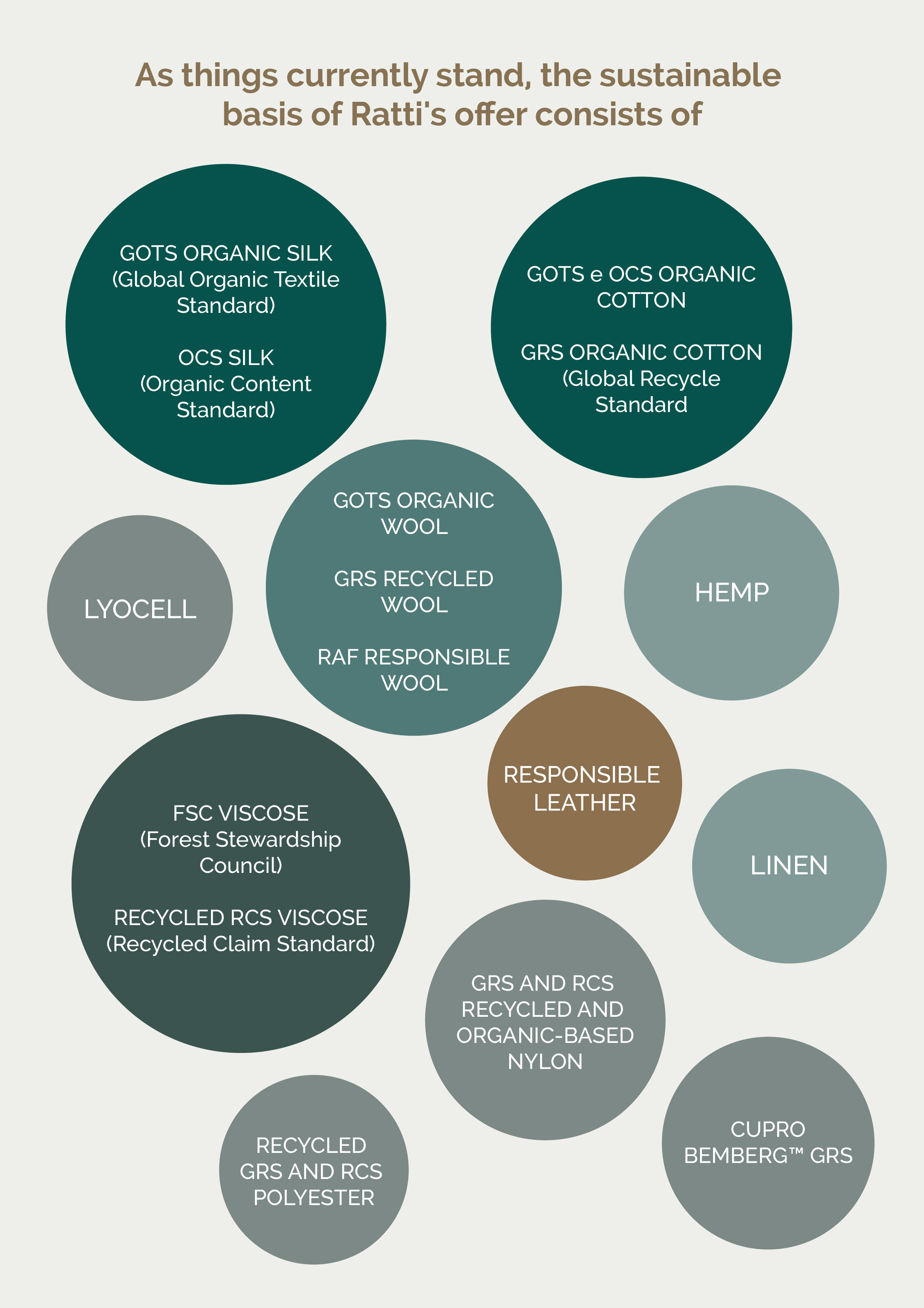

Ratti’s environmental strategy aims to reduce its environmental impact and implement a circular business project.
Ratti develops the offer of sustainable and circular products and materials, also thanks to its commitment to the elimination of hazardous substances; it guarantees high standards of social and environmental responsibility; it seeks reductions in energy consumption of water and materials; it pursues better waste management
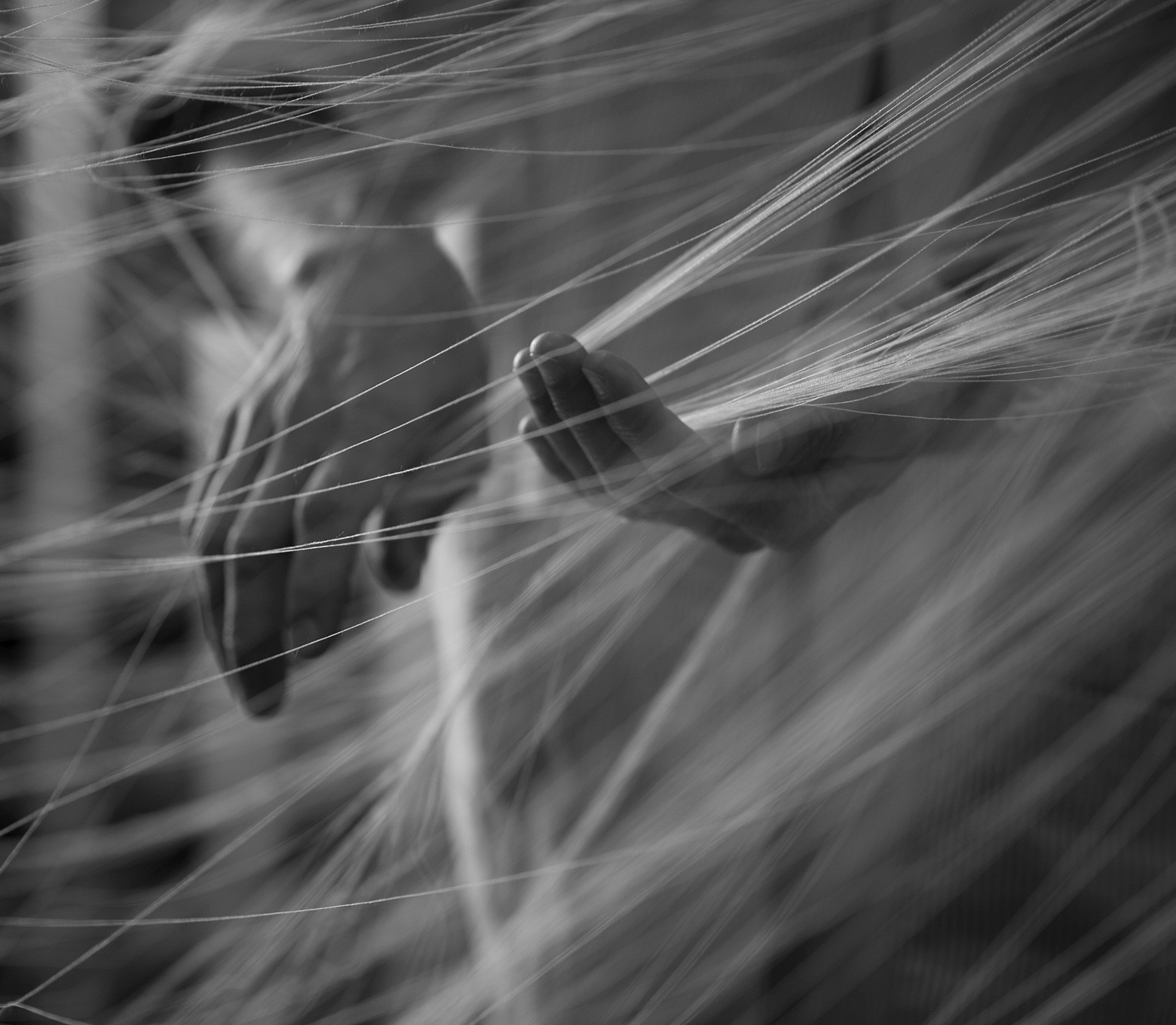
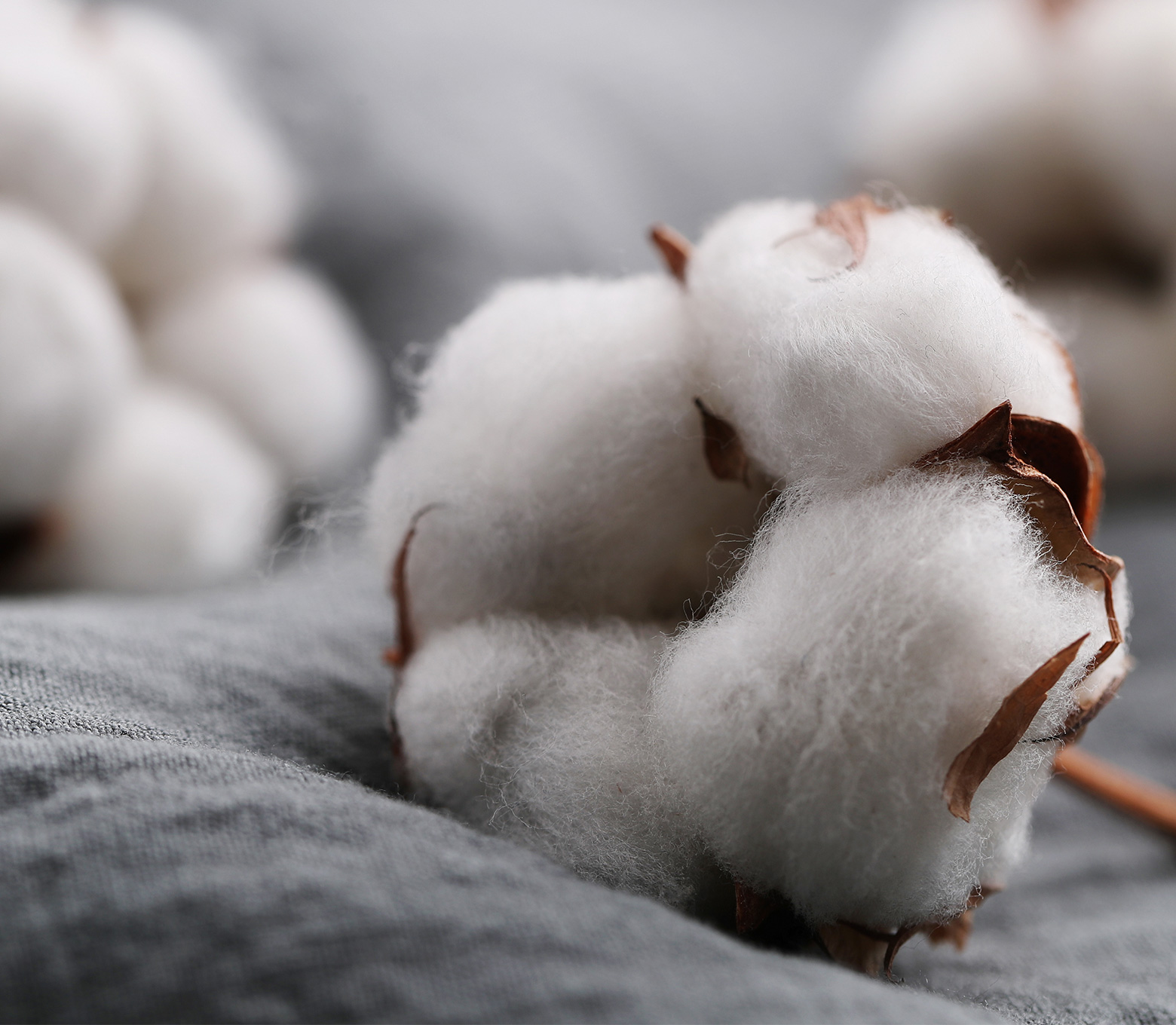
Ratti is a signatory of ZDHC (Zero Discharge of Hazardous Chemicals), the programme for the elimination of hazardous substances.
It offers certified, organic, recycled, socially responsible yarns and fabrics that form the basis of Tessuteca and all the company's collections.

The Group is committed to high standards of quality, energy efficiency and environmental sustainability by adhering to protocols and management systems, ensuring the well-being of its employees and the protection of the environment.
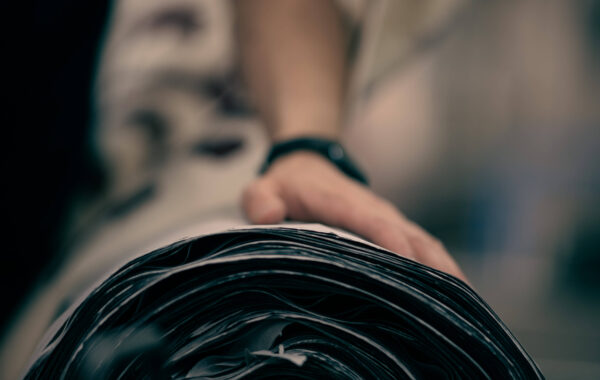

Ratti S.p.A SB uses 100% renewable electricity, partly generated by its own photovoltaic plant, confirming its commitment to sustainability and environmental protection.
The Group has made large investments in projects aimed at promoting a circular economy: this essential pillar of innovation makes it possible to face future challenges and demonstrates commitment to a sustainable economic model.
Ratti's commitment also focuses on the management of non-hazardous textile waste recovery. In 2020, it established ‘Second Life Fibers Srl a socio unico’, a company dedicated to textile waste and by-product management.
Circular textiles are products which are derived from the reuse and recycling of textile materials, i.e. repair and upcycling services. In this regard, Ratti has a developed a line called “PHORIA”.
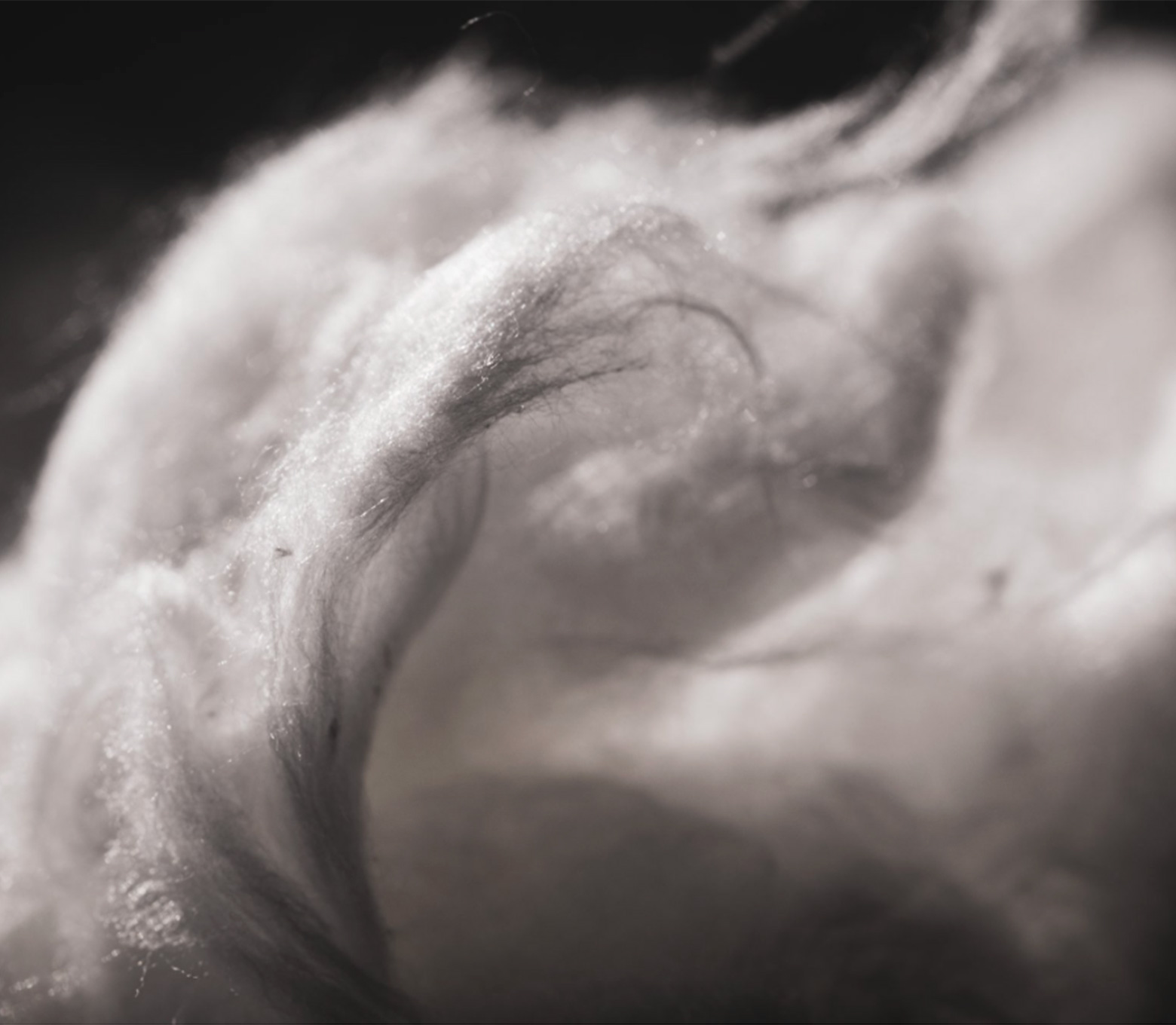
Phoria Fibers regards the creation of a lining textile (padding) based on the reuse and recycling of silk, which has extraordinary qualities which make it a versatile material: it is a natural fibre, resistant and light, with notable thermal, breathability and hygroscopic properties.
Phoria Hydro regards the reconditioning of used garments in order to revamp their water-repellent function. With use over time, many garments become less waterproof. However, using an eco-friendly industrial process, Phoria Hydro plans to revamp the water-repellent function of such garments, allowing them to be reused and their technical performance to return to its former level.
Phoria Print regards the reassessment of unsold garments and leftover stock. An initiative proposed by Ratti to solve the problem of excess warehouse stock, gave value back to the garments though the creativity of manual printing. The rediscovery of the ancient a planche technique, together with other applications, has rendered each garment unique and unrepeatable, giving space to a limited and personalised series.
Adding {{itemName}} to cart
Added {{itemName}} to cart